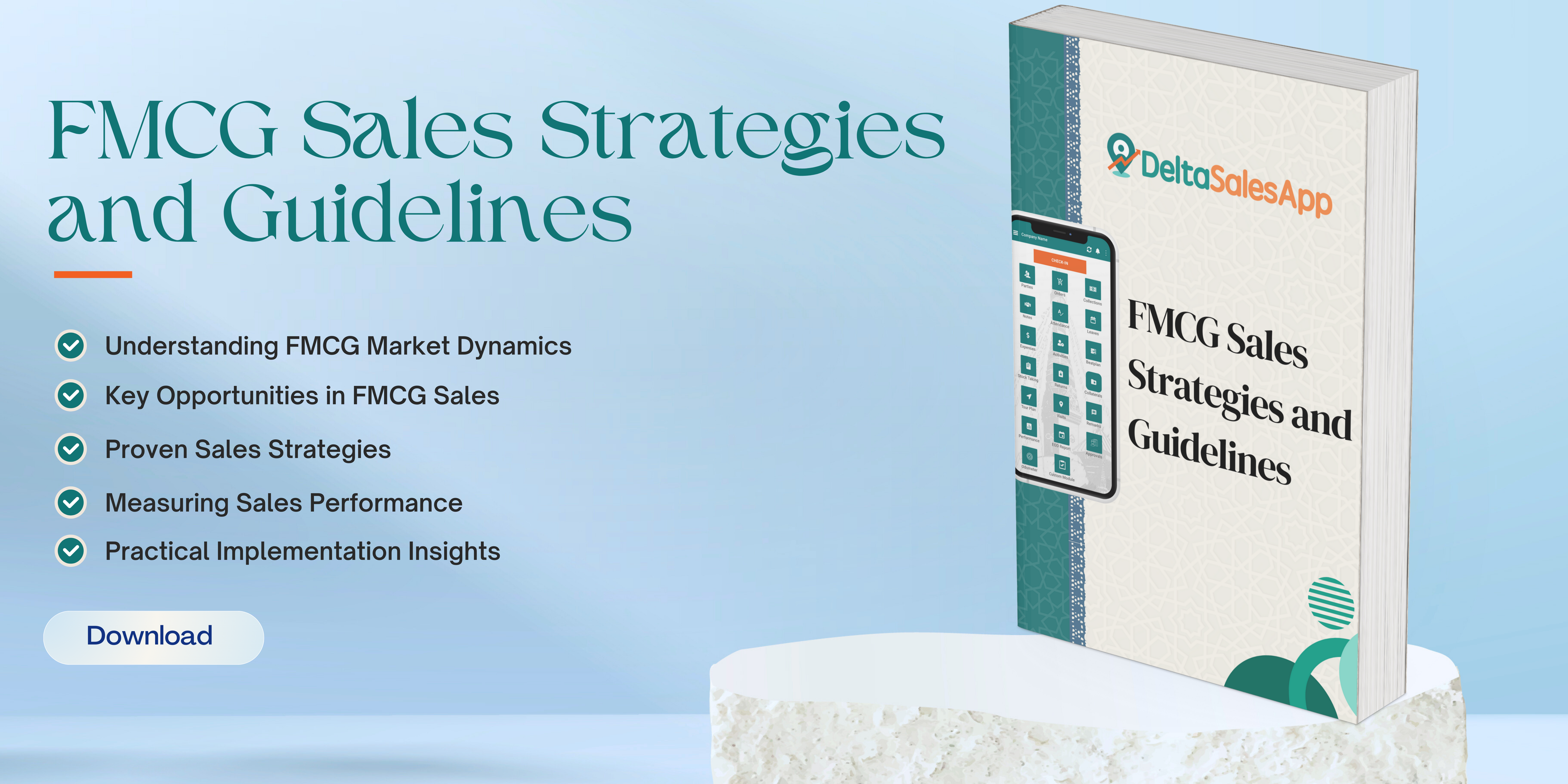In-Store Execution
In-store execution (ISE) for a field sales application refers to the process of ensuring that a product or service is effectively marketed, displayed, and sold in retail locations according to the company's standards.
The goal is to optimize the sales process and improve product availability, visibility, and promotion within physical stores. A field sales application helps streamline and manage this process by enabling sales teams to monitor, track, and execute these tasks efficiently.
Key features of an in-store execution field sales application
Store Visit Tracking and Management:
Field sales representatives can log their store visits and monitor store-level activities (e.g., product placement, pricing, promotional displays).
Includes the ability to schedule visits, check-in at stores, and track the status of store visits in real-time.
Product Placement and Shelf Audits:
Ensures products are properly placed and displayed on the shelves, in line with corporate guidelines.
Field agents can conduct audits to verify compliance with the planogram (shelving blueprint) and take corrective action if needed.
Inventory Management and Stock Monitoring:
Helps track product stock levels in real-time, reducing stock-outs or overstock situations.
Field sales reps can report on stock levels, assist in stock replenishment, and order new inventory if necessary.
Promotional Compliance:
Ensures that promotional activities (discounts, special offers, seasonal promotions) are being executed as planned in-store.
Captures photos or other proof of promotional materials and signage being correctly displayed.
Sales Performance Analytics:
Tracks sales data, including volume and revenue, allowing sales teams to measure the success of in-store efforts.
Provides insights into product performance, competitor activities, and market trends, enabling data-driven decision-making.
Task Management:
Field agents can receive and manage specific tasks like product training, distributing marketing materials, or ensuring proper labeling.
Managers can assign tasks, set priorities, and monitor progress.
Mobile Data Collection and Reporting:
Field reps can collect data on the go via mobile devices (smartphones or tablets).
Real-time reporting on various metrics such as sales, shelf compliance, and promotional activities.
Collaboration Tools:
Facilitates communication between field sales representatives and headquarters or store managers.
Offers chat, notifications, or updates to ensure timely resolution of issues.
Route and Territory Optimization:
Uses GPS to optimize the route for sales reps, helping them visit more stores efficiently.
Provides insights into store performance within specific territories for better resource allocation.
Customer Feedback Collection:
Field sales reps can gather feedback from store managers, customers, and other stakeholders about the product, promotions, and customer experience.
Order Taking and Point-of-Sale (POS) Integration:
Allows sales reps to take orders directly during their store visit and integrate with the POS system for order processing and fulfillment.
Benefits of In-Store Execution for Field Sales
Improved Productivity: Streamlines sales reps' tasks, enabling them to focus on high-impact activities.
Increased Sales: Ensures better product availability, correct displays, and promotional alignment, leading to higher sales.
Better Communication: Facilitates better communication between sales reps, managers, and store staff, ensuring timely action.
Data-Driven Insights: Real-time analytics provide actionable insights for improving sales and marketing strategies.
An effective field sales application, incorporating these features, can greatly enhance in-store execution, ensuring that the company’s retail strategy is carried out successfully at the ground level.






